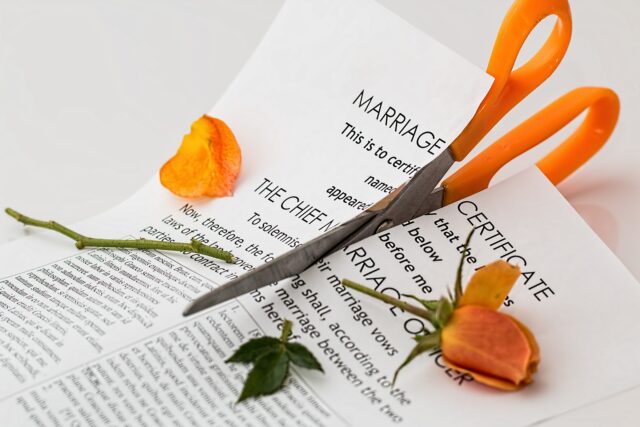There comes a time in everybody’s life where they must write a will. Not writing one will most likely leave your family with several legal issues to work through, and some of them may impact their lives in a major way. Writing a will, especially if you have a lot of possessions, can seem like an incredibly daunting task, especially if you have more than one child. This is why it is extremely important you read more about the will-writing process, devise a plan, and learn about the most efficient way to execute it. Here are some questions you may have:
What do I need to know before I start writing my will?
If you are like most people, when asked who will write your will, you’ll respond, “I will!” However, this is usually not the best way to go about the process. It is completely understandable that you wish to be the one in control of your finances and possessions at the time of your death, but if you wish to do so, it is often best to seek outside help. The online will-writing kits may be a tempting choice, as they save money on the spot and may be the quickest way to complete your will, but you stand the chance of losing vast amounts of money in the long haul. By filling out these forms on your own, you open yourself up to several potential legal pitfalls, which may have a significant impact on the outcome. This is why it is almost always your best bet to hire an experienced attorney who understands the significance of the will-writing process.
What is the function of an executor?
You should always appoint an executor, as it will be his or her duty to ensure that your wishes are carried out accordingly at the time of your death. You must have full confidence in your executor’s abilities. This is why people generally appoint their spouse or child as the executor of their estate.
How do I know if I should appoint a guardian?
If you are the last living parent of a child who is under the age of 18, it is crucial you appoint a guardian you trust. While alive, you do everything you can as a parent to ensure your child is raised the way you see fit. Why should this change in the event of an untimely death? If you do not appoint a guardian you trust, the court may select one for you, which is hardly what any caring parent wishes for their child. Additionally, if you are the last living parent of a child under the age of 18, you may also wish to appoint a trustee who will manage your investments, money, and property until your child is of age to do so alone.
Contact our New York firm
Matters of divorce and family law should be navigated with the guidance of an experienced attorney. If you need strong legal representation regarding matters of divorce, family law, and estate law, contact the Law Offices of Susan A. Kassel, P.C. to schedule a consultation today.




